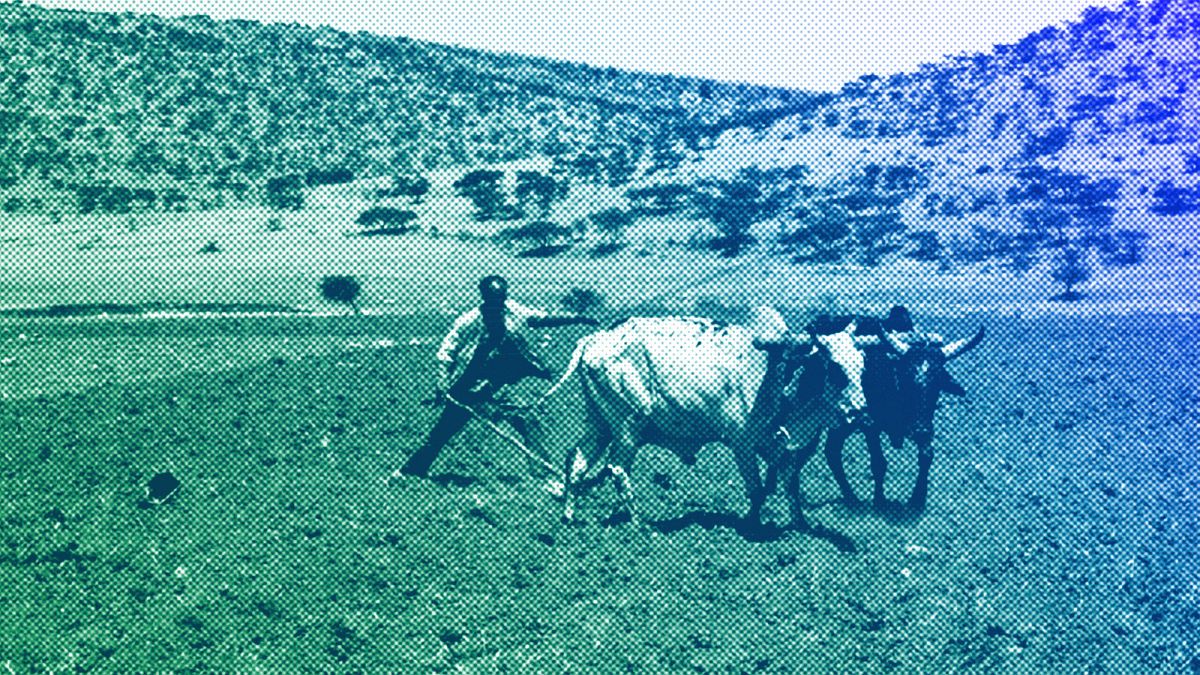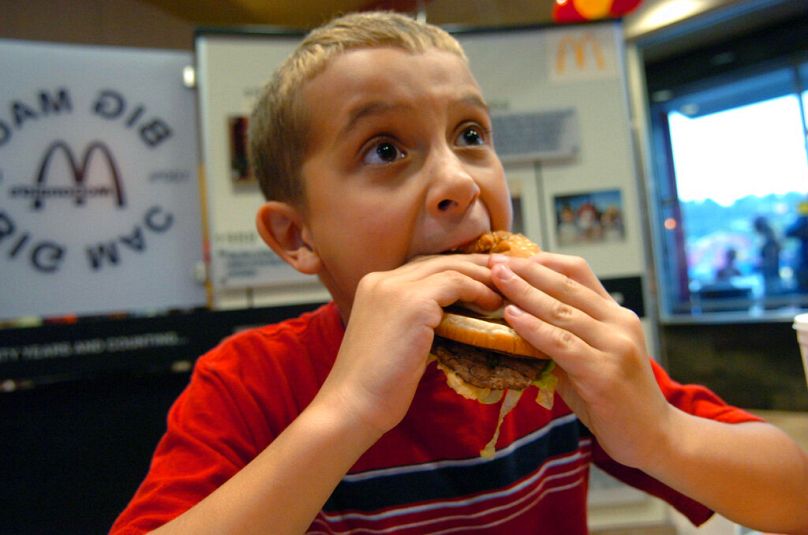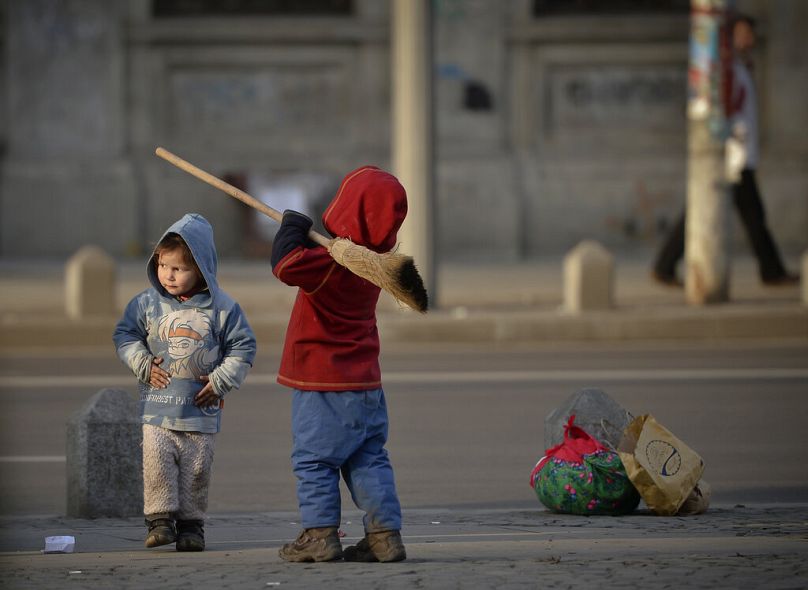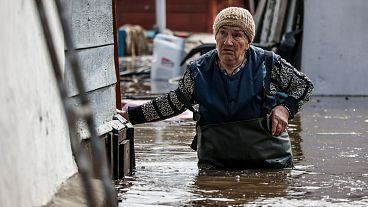Children shouldn’t be dying from malnutrition. We can nourish everyone alive, and every child being born, every second, for the rest of our collective time on this planet, Matt Freeman writes.
Last year was the hottest on record, and scientists worry this year will be worse.
Thunderstorms in Europe destroyed €9.1 billion in assets, while the US also experienced twenty-eight separate weather and climate disasters throughout 2023 costing at least $1bn a piece.
Again, the most ever. It’s not hard to see a trend.
If we don’t avert an impending climate crisis over the next 26 years, a quarter million more people will die each year from malnutrition, malaria, diarrhoea and heat stress.
Nearly every child on earth — over 2 billion children — will face more frequent heatwaves which put them at greater health risk, while shocks from extreme weather and climate-related conflict displace hundreds of millions from their homes.
We're falling into a burning ring of fire
26 years is not some far-off future world. Most people have been on the planet for more time already.
By 2050, our growing and strained population will demand 35%-56% more food from crops that will yield dramatically less and be less dense in key nutrients.
On top of that, 23%-62% more people will be severely stunted, with their physical and mental potential irreversibly held back.
Right now across Europe and elsewhere, half of children and over 60% of adolescents and young women are deficient in essential micronutrients.
This is the global picture, but it’s also a crisis for the Western world specifically. Incredibly, 61%-97% of Europeans have low iron status.
Imagine the world ten seconds from now. McDonalds will have sold approximately 750 hamburgers in the US. Also, the next child will have died of malnutrition.
This is not just about our future, it’s about the present.
We can't just shrug and give up
What will we do? Will we let millions of children die, every year? Will we limit the potential of billions of children, girls and women all over the world?
Will we stay on the path of burning our planet to the ground to grow foods that kill us, rather than sustain us?
The answer has to be no, we won’t.
We can’t be resigned to a depressed fate when there is so much to live for.
More than three million children a year don’t have to die. We can stop it. We can close the nutrient gap and live in a world where choosing healthy and sustainable food is the easy choice, for everyone.
I do not say “we can” in hopeful belief, but rather in confidence because the evidence and innovation are increasingly on our side. It only takes the will.
How? For all its very real complexity, it’s also pretty clear what needs to be done.
We can feed every single human being
Children shouldn’t be dying from malnutrition. Instead of wasting money on certain programs, we could be making critical sustained investments into ready-to-use-therapeutic foods, and prevent this tragedy from happening in the first place.
By strengthening local nutritious food, health systems and safety nets, and through leveraging the collective global strength of governments and non-state actors to make producing and consuming nutritious, sustainable food the easy choice, we need leaders to offer policy solutions, unlock responsible capital, and empower consumers.
It is possible to live in a stronger world. We can nourish everyone alive, and every child being born, every second, for 26 years and the rest of our collective time on this planet.
Progress is slow and the road ahead is hard, but this is a fight we cannot resign ourselves to lose. 26 years is tomorrow so let’s start today.
Matt Freeman is the executive director of Stronger Foundations for Nutrition, a global philanthropic community for ending malnutrition.
At Euronews, we believe all views matter. Contact us at view@euronews.com to send pitches or submissions and be part of the conversation.





